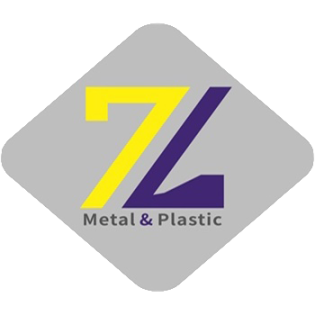Sheet Metal
Sheet metal is a common metal material, usually made in a sheet-like form, that has many uses, including making parts, coverings, containers, and other metal components. Sheet metal is typically made of metal materials such as aluminum, steel, copper, zinc, nickel, and titanium, and is typically between 0.015 inches (0.4 mm) and 0.25 inches (6.35 mm) thick.
Sheet metal has many unique characteristics:
Strength and durability: Sheet metal can provide sufficient strength and durability to meet the requirements of a variety of applications. Despite its relatively thin thickness, sheet metal can have excellent compressive, tensile and corrosion resistance after proper processing and treatment, and is suitable for use under various environmental conditions.
Plasticity and formability: Sheet metal has good plasticity and formability, and can be processed into various shapes and sizes through sheet metal processing processes (such as stamping, bending, punching, welding, etc.) to meet various engineering and design needs. This flexibility makes sheet metal ideal for the manufacture of complex parts and custom components. Lightweight: Due to the lower material density of sheet metal, it has a lighter weight. This enables the components made of sheet metal to effectively reduce the overall weight while ensuring strength and durability, which is conducive to reducing transportation costs and improving use efficiency.
Reliability and stability: Sheet metal can achieve high precision and consistency in the manufacturing process to ensure product quality and stability. This is important for applications that require precision dimensions and high standards, such as aerospace, automotive manufacturing, and electronic devices. Coating ability: The surface of sheet metal can usually be very easily treated, such as spray painting, electroplating, galvanized, etc., to improve its surface performance and aesthetics. This makes sheet metal an ideal material for a wide range of colors, surface effects and corrosion protection requirements.
